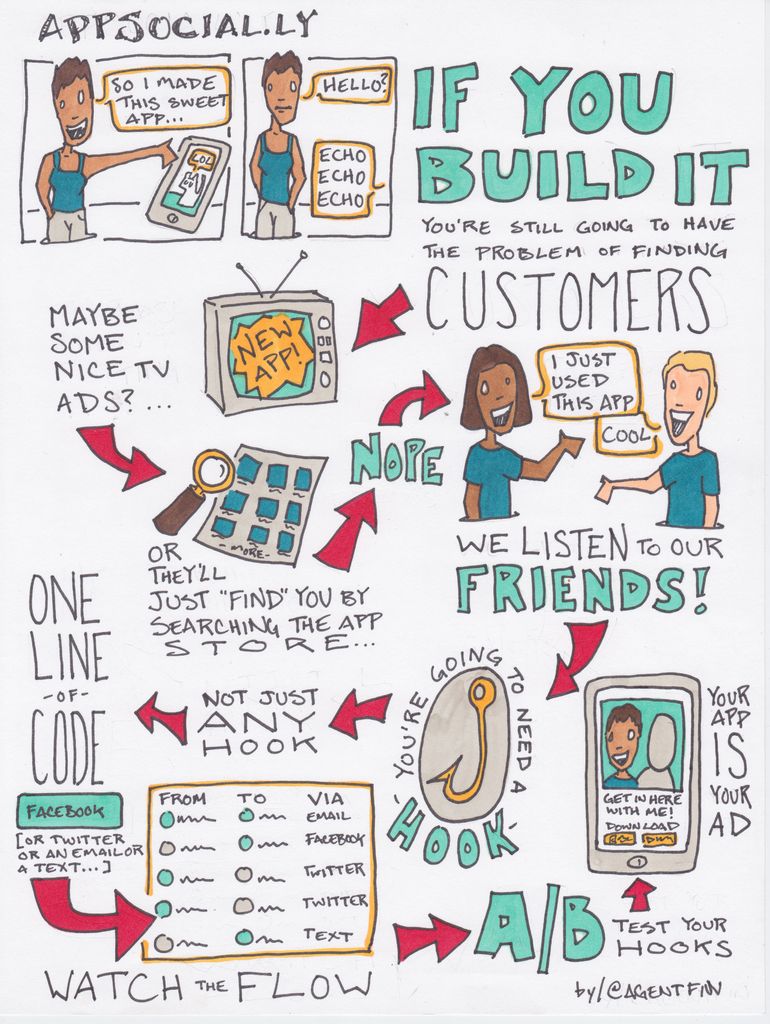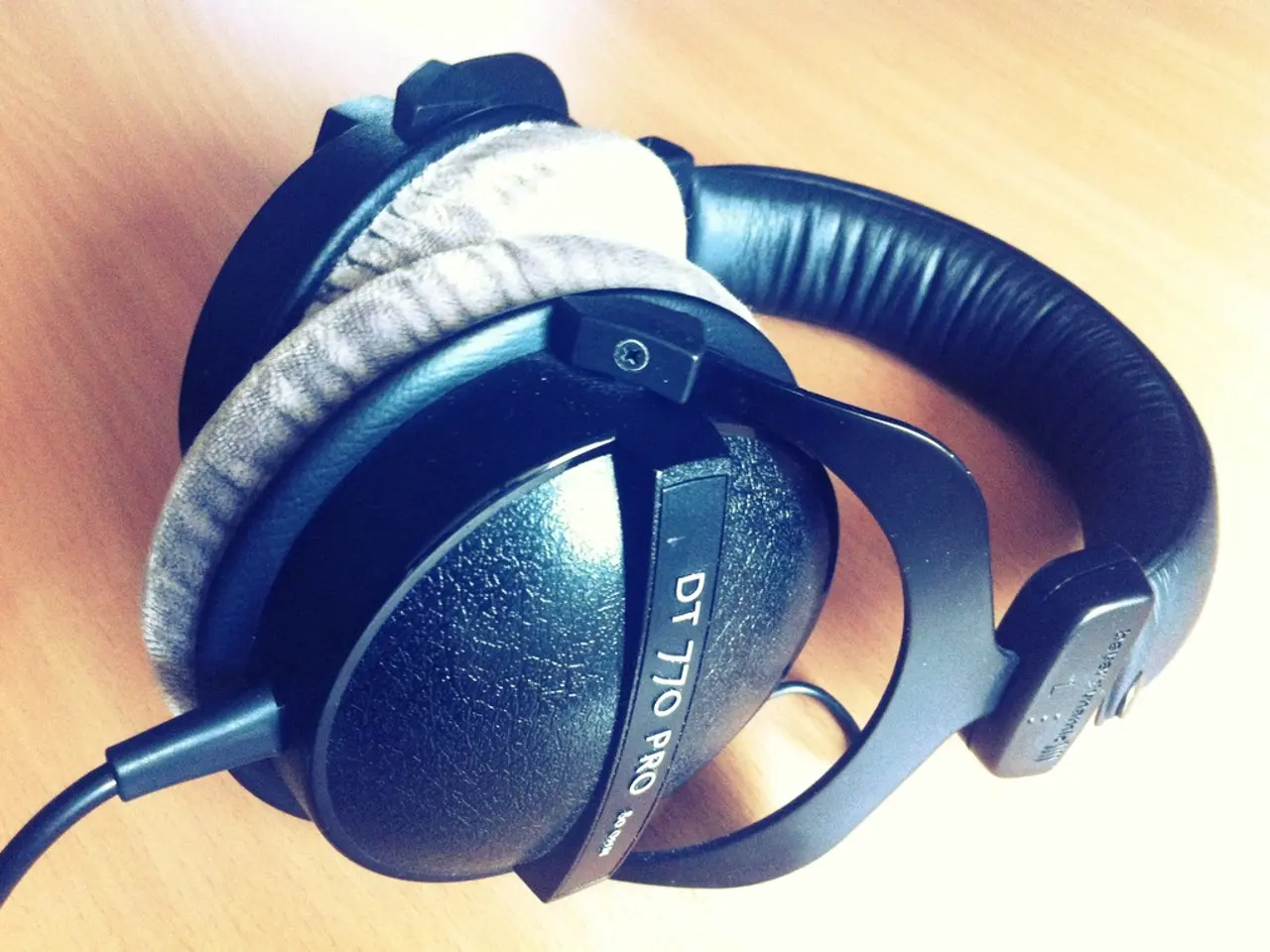Emerging Role in Healthcare: Technology as a Potential Catalyst for Transformation?
Welcome to the world of tech-infused healthcare, a realm beyond your mobile games where tech is the real hero. AI, IoT, telemedicine, wearables, and digital health no longer stay in the lab or the workplace, but right smack in the middle of medical procedures, revolutionizing how we diagnose, monitor, and interact with patients. Let's dive in and explore these game-changers!
Transforming Healthcare Workflows: All About AI
Artificial intelligence (AI) is the star player in healthcare today, a powerhouse streamlining patient care and enhancing safety. Here's what makes AI such a game-changer:
AI and Precision Diagnoses
AI's prowess lies in sifting through massive datasets, identifying patterns that human eyes might miss. These patterns can indicate health issues ranging from the mundane to the life-threatening, thereby speeding up and improving the accuracy of diagnoses. For example, AI can analyze medical images to spot even the tiniest of tumors, potentially saving lives.
AI in Patient Record Management
AI tools make sorting and accessing patient data a breeze. Imagine a healthcare worker juggling records in a snap, with AI organizing data lightning-fast, allowing the focus to be on patient care rather than paperwork. These advancements streamline healthcare operations and reduce human error.
AI and Patient Safety
By sharpening diagnostic precision, AI helps avoid wrong diagnoses and potential harm to the patient. Plus, predictive AI systems can alert doctors to looming dangers before they occur, ensuring immediate rescue when needed.
AI Addressing Healthcare Workforce Shortages
With a potential shortage of health workers by 2030, AI offers a helping hand. It can handle routine tasks like scheduling, freeing up healthcare workers to focus on direct patient care. AI-driven solutions can manage repetitive administrative jobs more efficiently, taking burdens off support staff and aiding the healthcare workforce.
The IoT Role: Revolutionizing Remote Patient Monitoring
Internet of Things (IoT) devices are transforming how doctors watch their patients. These smart devices gather EVERY detail of a patient's health, from pulse to blood pressure, round the clock. Real-time health monitoring is like an early warning system, notifying doctors of suspicious changes and saving lives in the process.
IoT and Data Security Challenges
Health data security is a big concern in IoT systems, with potential leaks of personal information being a major threat. To secure patient information, it's crucial to employ strong passwords and data encryption. Education on secure device usage and multi-layered security measures will ensure a sense of trust in remote patient monitoring platforms.
Telemedicine: Reshaping Healthcare Access
Telemedicine is the new kid on the block, making doctor visits more accessible and convenient. Here's what drives its rapid growth:
Telemedicine Double Trouble: Faster, Sales Benefits
The primary reasons for telemedicine's expansion include increasingly faster, easier healthcare and sales benefits. Without long hospital visits or hours in crowded waiting rooms, virtual consultations give patients quick solutions to health issues.
Adaptation: Telehealth Integration into Healthcare Systems
Healthcare systems adapt to integrate telehealth services into their regular routines, improving the overall patient experience. Doctors now chat with patients via video calls and remotely examine them, especially in hard-to-reach areas. Telehealth services help reduce travel costs and save precious time.
Wearables: Healthcare on Your Wrist
Wearable technology is the new healthcare companion, tracking daily activities and monitoring health parameters easily. Innovations in wearables include continuous glucose monitors that help diabetes patients live more comfortably and smart clothing with built-in sensors for comprehensive health monitoring.
Personalized Medicine and Engagement
Wearables play a significant role in personalized medicine by providing detailed insights to doctors, helping customize treatments based on patient data. Through self-monitoring, users become more entwined in their healthcare, promoting better management of health.
Digital Health: Transforming Patient Data Management
Digital health is reshaping patient data management and revolutionizing the healthcare field. Here's how:
EHRs and Interoperability
Electronic health records (EHRs) store medical history, treatments, and outcomes. Unifying EHR systems is critical to improve the continuity and efficiency of patient care. Standardizing EHRs across various healthcare systems enhances seamless information sharing, preventing vital data loss and confusion.
Healthcare Digitalization and Remote Care Delivery
Beyond EHRs, digital health enables entire healthcare ecosystems to migrate to the digital age. Digital platforms, like apps and online portals, streamline processes like appointment scheduling, reminders, and virtual consultations. This digital transformation empowers patients and boosts efficiency in healthcare operations.
Health Informatics and Data-Driven Insights
Health informatics is a game-changer in the world of digital health. By analyzing data trends, health informatics professionals provide insights driving smarter healthcare decisions, including drug efficacy monitoring and disease pattern tracking. Through these insights, doctors can tailor treatment plans.
Embracing the Future: Adapt or Fall Behind
The tech-driven transformation of healthcare is no longer an option; it's a necessity. By adopting these innovations, we ensure better care, improved outcomes, and an efficient healthcare system for all. So, let's dive into the world of AI, IoT, telemedicine, wearables, and digital health, and deliver a safer, more accessible healthcare future for all.
- AI is not only revolutionizing the gaming industry, but it's also taking center stage in healthcare, aiding in precision diagnoses, patient record management, enhancing patient safety, and addressing potential healthcare workforce shortages.
- IoT devices, prevalent in gaming devices, are now being utilized to revolutionize remote patient monitoring, offering real-time, round-the-clock health data to doctors, thereby acting as an early warning system for possible medical conditions.
- Telemedicine, comparable to the accessibility of gaming platforms, is making healthcare more accessible and convenient, empowering doctors to provide faster, easier healthcare services and promoting sales benefits.
- Wearables, similar to fitness trackers used for gaming, are transforming healthcare by tracking daily activities and monitoring health parameters, promoting personalized medicine and patient engagement in health management, much like a health and wellness companion.




